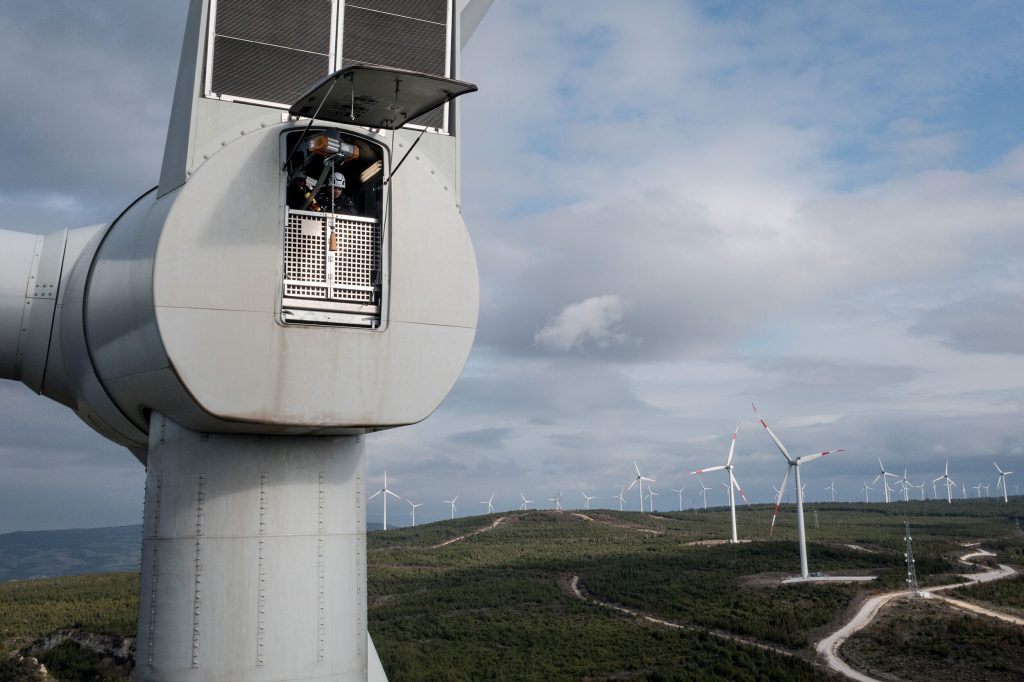‘Delay means death’: We’re running out of ways to adapt to the climate crisis, new report shows. Here are the key takeaways

The UN-backed report, based on years of research from hundreds of scientists, found that the impacts from human-caused climate change were larger than previously thought. The report’s authors say these impacts are happening much faster and are more disruptive and widespread than scientists expected 20 years ago.The authors point to enormous inequities in the climate crisis, finding that those who contribute the least to the problem are the worst affected, and warn of irreversible impacts if the world exceeds 1.5 degrees Celsius of global warming.UN Secretary-General António Guterres called the report “an atlas of human suffering and a damning indictment of failed climate leadership,” and he warned that “delay means death.””The facts are undeniable. This abdication of leadership is criminal,” Guterres said in a statement. “The world’s biggest polluters are guilty of arson of our only home.”He also said that “current events” showed the world was too reliant of fossil fuels, calling them “a dead end,” in an apparent reference to the Ukraine conflict and energy crisis. Here are the report’s key takeaways:Warming beyond 1.5 degrees could have irreversible consequencesScientists have warned for decades warming needs to stay below 1.5 degrees Celsius above preindustrial levels. Monday’s report, from the UN Intergovernmental Panel on Climate Change (IPCC), showed if that limit is breached, some changes will be irreversible for hundreds — if not thousands — of years. And some changes may be permanent, even if the planet cools back down. The world is already 1.1 degrees Celsius warmer than before industrialization, according to the IPCC’s estimate, which is considered conservative. We are now rapidly barreling toward 1.5 degrees.
With every extreme event, ecosystems are being pushed more toward so-called tipping points beyond which irreversible changes can happen, according to the report. At warming of 2 degrees, for example, as many as 18% of all land species will be at high risk of extinction, according to the report. At 4 degrees, 50% of species are threatened.”There are many challenges already with 1.5 degrees for several systems that we know about,” said Hans-Otto Pörtner, a co-chair on the report and a scientist at the Alfred Wegener Institute Helmholtz Centre for Polar and Marine Research. “Clearly for coral reefs, we must say that in many locations, they are already beyond tipping points. They are on the downslide.”While many regions in the developing world are unable to adapt because of a lack of finance and capacity, the IPCC singles out North America as a region where misinformation and politicization are a barrier.That’s led to a misunderstanding of how great the risk is, and has polarized the response to the crisis, ultimately “delaying urgent adaptation planning and implementation,” the report’s authors say.In Europe, they note a lack of political leadership and a low sense of urgency are among the hurdles to overcome.But these are barriers that can be overcome, and the authors say there is still a window of opportunity to implement meaningful action — though it’s closing, fast. “There are opportunities to adapt between now and 1.5 [degrees],” in addition to making deep cuts to heat-trapping fossil fuel emissions, Chu said. “But as we go beyond 1.5, the opportunity space becomes much more constrained and reduces the effectiveness.”Lissner said the report is “an urgent call for action” for world leaders to move toward climate-resilient development: reducing emissions as low as possible while also investing in adaptation to cope with the changes we already see.Decision makers also need to be intentional in helping the most disadvantaged communities and countries, so no one gets left behind in the process. “It’s important for this to also be done in an inclusive or equitable manner,” Lissner said, “looking into how the most vulnerable regions can really be supported in adaptation.”CNN’s Angela Dewan contributed to this report.






